New technology surfaces from Bengaluru; a battery that runs on air and water.
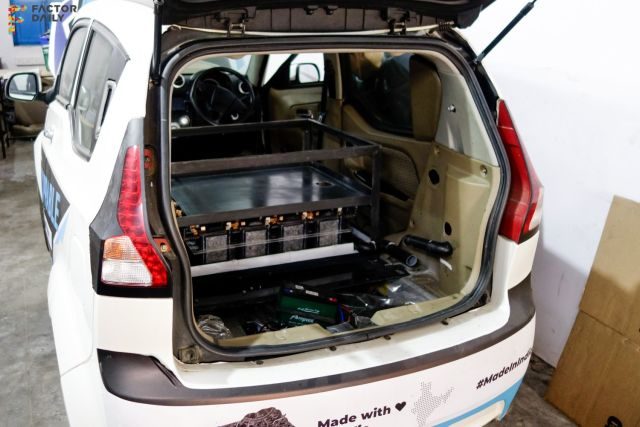
If you are an ardent follower of electric and green mobility, you may have come across news about a car that uses a battery that runs on air and water. The car was developed in Bengaluru and is essentially a Mahindra e2o with a different powertrain. The real talking point is the battery that powers this revolutionary car and, its innovative and sustainable technology that looks quite promising even in its development stage.
Unlike the lithium-ion batteries that power most of our gadgets and electrodes, this is a battery that runs on aluminium and water. To be more specific, the aluminium is the anode, the oxygen is the cathode and water acts as an electrolyte. Air is passed into the electrolyte chamber via a porous graphene membrane where it kicks off a chemical reaction between aluminium, water and oxygen. In this process, the aluminium degrades into a hydroxide and that reaction gives us electricity. The degraded aluminium hydroxide can be recycled to recover usable material again.
Log9 Material, the company that developed this battery, guarantee that it is good for a range of 1,000 km. Sounds incredible, doesn’t it? But there are some catches. The water has to be replaced every 300 km and the aluminium electrode degrades completely after 1,000 km. Degrades is the keyword here because as you may have guessed already, this battery is not rechargeable, so, there is no question of charging it overnight or anything of the sort. Once the aluminium is depleted, it has to be swapped out for a new electrode. So, re-fuellable, if I may. Moreover, in its current form, the battery is huge and it takes up the whole of the car’s rear seats, limiting space and blocking visibility.
Log9 have announced that they are working on optimizing the battery’s size, cost and improving its range to 1,500 km. Once that is done, they should have a model that fits right under the car’s seats and costs less than Rs 3 lakh per unit. This technology looks promising as a clean source of energy. We will bring you more updates as we receive them.
Story: Joshua Varghese
Image source: Shakthi Vadakkepat (Twitter)


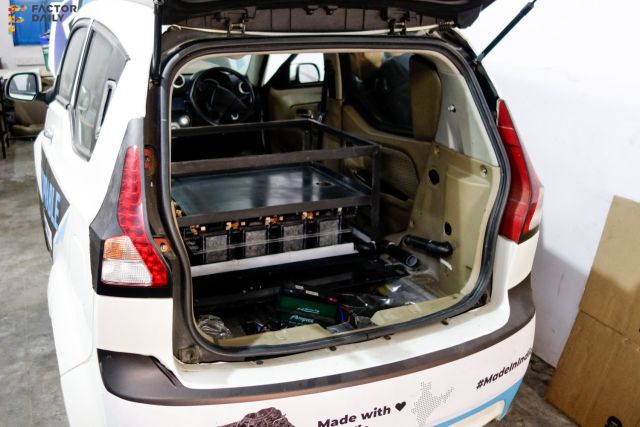


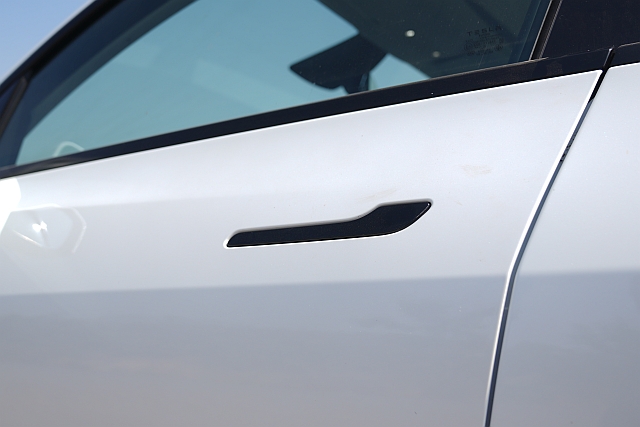

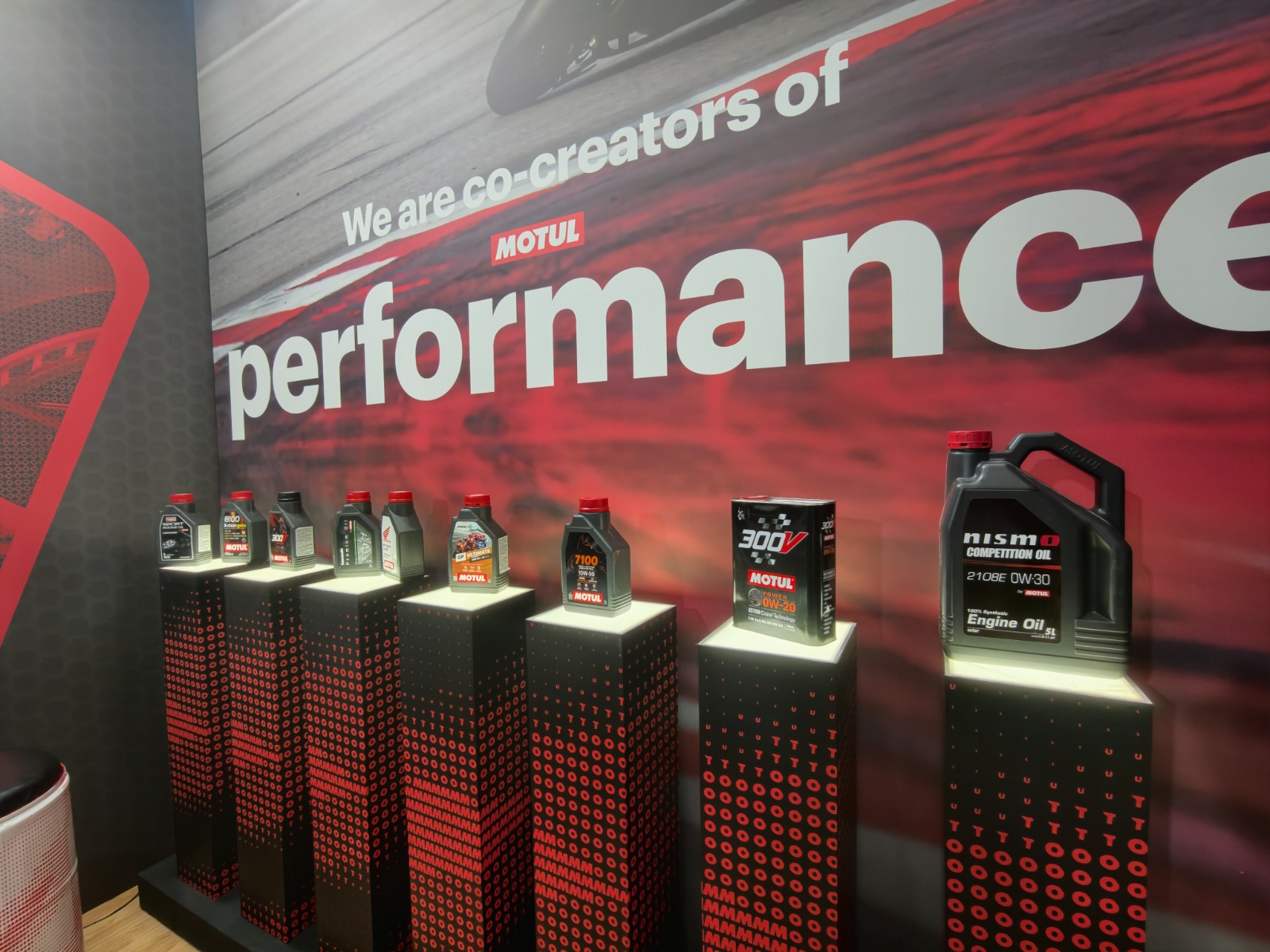


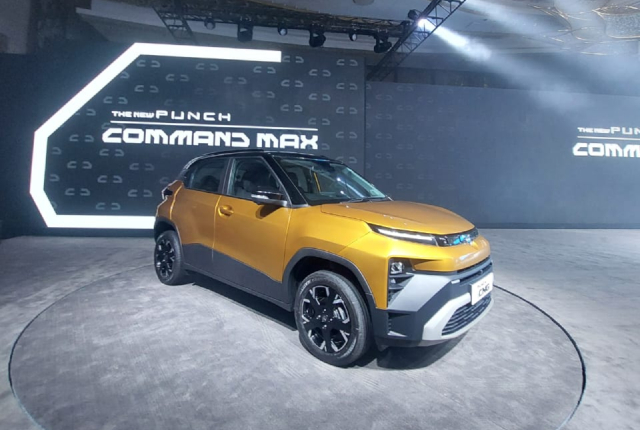


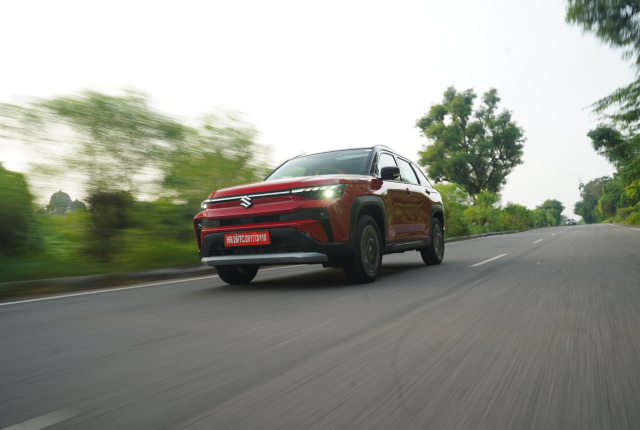
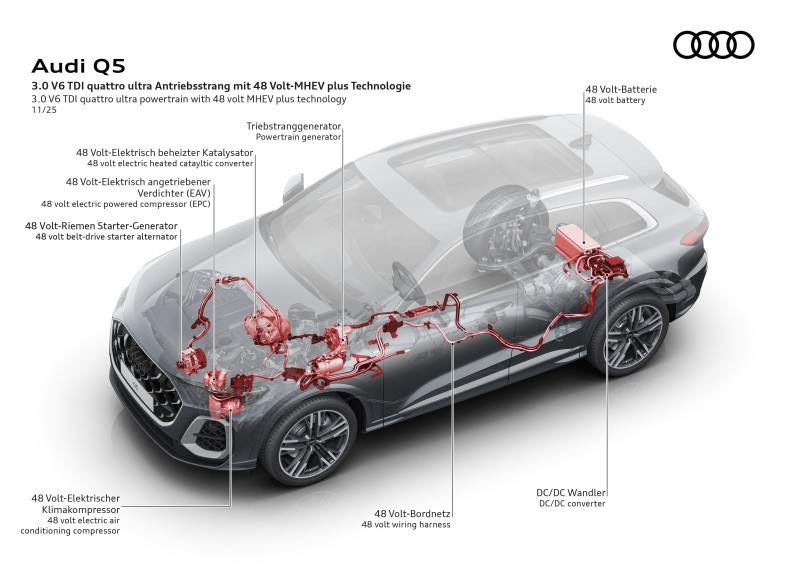
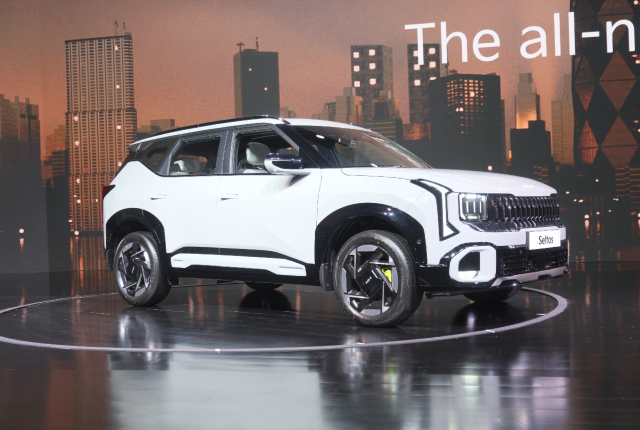
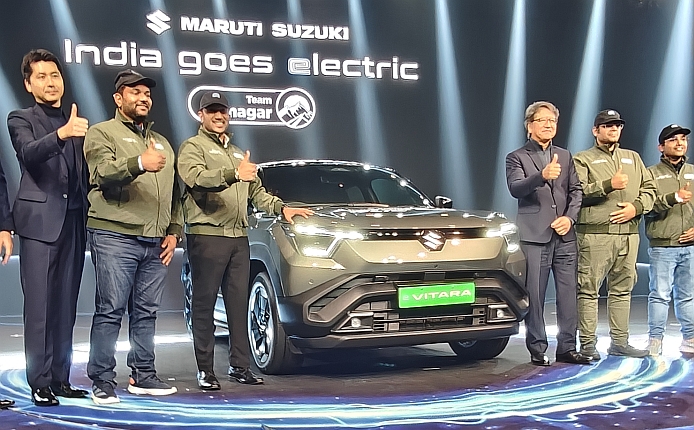
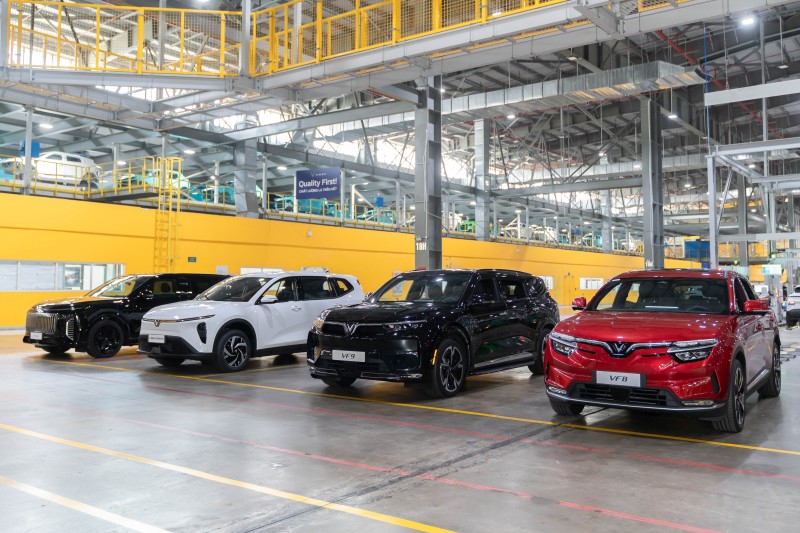


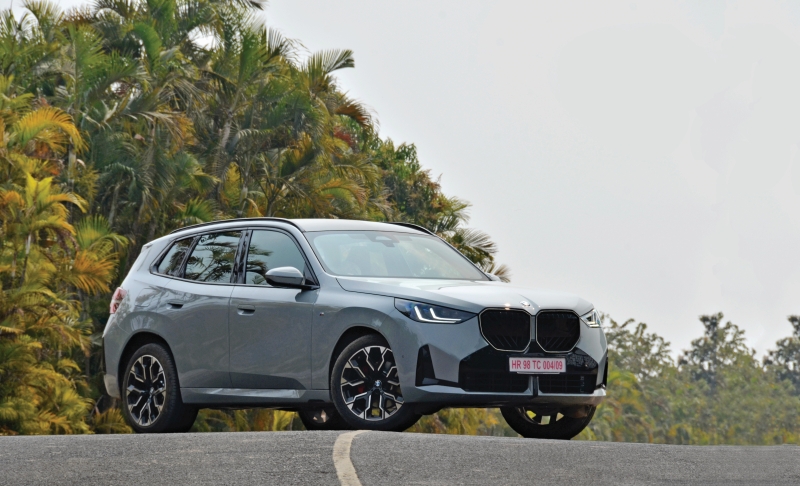


Leave a Reply